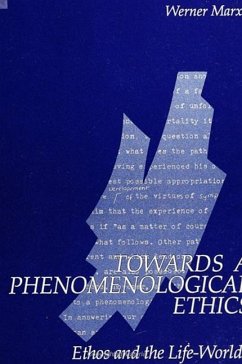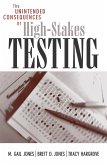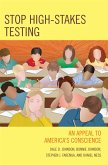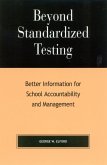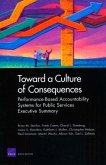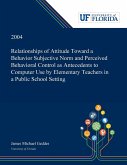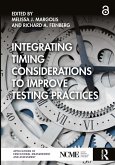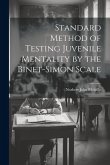The authors of this book question the assumptions of the psychometric paradigm that underlie virtually all criterion-referenced and standardized tests used in North American schools. They make a compelling case for a new science of educational testing and assessment, one that shifts decision making from central administration to individual schools and communities. Harold Berlak argues that the concept of tests as scientific instruments validated by technical experts is anachronistic and self-contradictory. He makes a case for a contextual paradigm, an approach which assumes that consensus on educational goals and national testing programs is neither possible nor desireable. Assessment practices in a democratic society must acknowledge and affirm differences in values, beliefs, and material interests among individuals and groups over the purposes and practices of schooling.
Bitte wählen Sie Ihr Anliegen aus.
Rechnungen
Retourenschein anfordern
Bestellstatus
Storno

